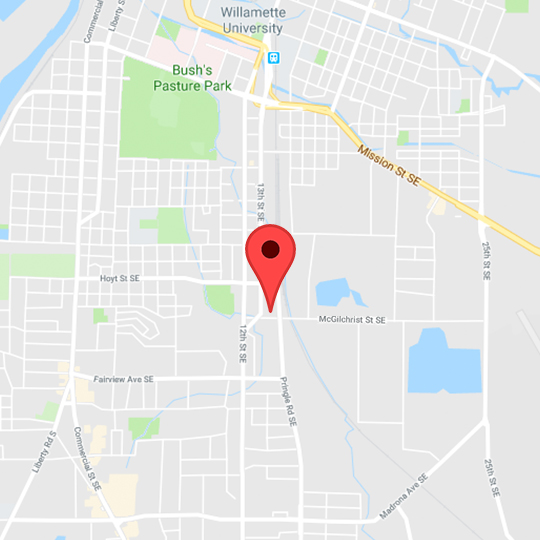Potty training techniques and philosophies have evolved dramatically in my career, yet one constant remains: the process seems mysterious. The anxiety thereby generated is only heightened by well-meaning but often misguided “free” advice offered by grandparents, aunts, even friends.
“So what do YOU think we should do? “ is usually how the dilemma is presented to me by the mother of a brilliant but not-yet-potty-trained three year-old, inevitably accompanied by a rather imperious grandmother, who thinks that the status of her beloved grandchild is disgusting. Imagine then the surprise (and dismay on grandmother’s part), when I bow deeply and pronounce, with mock solemnity, to little Billy, “O Sahib Billy, when you are ready, we will potty train.” At this point I usually get an “Are you kidding?” look from grandmother, at which point I reply, “Tell me how your method is working.”
So what’s at play here? Very simply, children in the toddler years are totally into power as they try to individuate, to develop into a unique person. We give them power all day long, where possible, yet fail to recognize that potty-training is COMPLETELY in their power; they won’t pee (or poop) if they don’t want to, and no amount of coercion (I think we call it “encouragement”) will make them.
Currently, most children achieve bladder and bowel control between 2 and 3 years, with very little variation between boys and girls. Children in the 1950s and 1960s were typically “potty-trained” by 20 months or so, though I’m not sure now exactly who was “trained.” This explains to some extent, the desperation, almost shame that many grandparents feel when Anna is not even interested at 2 ½.
My suggestions for this process are quite simple. For most of my potty training ideas, credit must be extended to two individuals from whom I first heard this approach, Barton Schmidt, M.D. at the University of Colorado, and Barbara Howard, M.D., at Johns Hopkins University.
Both authors suggest that parents and other adults should be encouragers, and nothing more. We need to provide appropriate equipment, such as a potty chair, as well as modeling as our children observe us use the bathroom. But that’s all…. UNTIL they show interest! What kind of interest? If Rebecca so much as grabs her crotch, her mother should act like she just won the lottery. Then after a few moments of lavish praise, mom can say, “ Rebecca, would you like me to change your diaper?” Rebecca will nod yes, at which point mom might add, “Would you like to try to potty before I change your diaper?”
Now this is the critical juncture, for little Rebecca is going to find out if you really respect her wishes, or are about to ignore them. The parent who needs to make things happen will likely strongly encourage Rebecca to reconsider her “no” and try to potty anyway. This will then produce the magic moment where Rebecca is getting lots of attention for doing nothing.
If mom resists the giant urge to push, and simply replies to Rebecca’s refusal to try to potty with a quiet, “OK, let’s change your diaper,” Rebecca feels respected, and knows she’s been heard.
The progress will, I’m afraid, at times seem glacial, yet if parents only give attention for any small sign of interest in the potty, they will be rewarded with a rather painless process that will end between 2 and 3 years of age. If mom and dad insist in pushing, Sammy may maintain the status quo for many months, even to 4 years of age. For he has learned that the best way to get attention is to do nothing with regards to potty training.
I wish you all the best in this endeavor, knowing that your patience, and humility will in time be rewarded.


 and then tap "Add to homescreen".
and then tap "Add to homescreen". Salem Pediatric Clinic
Salem Pediatric Clinic
